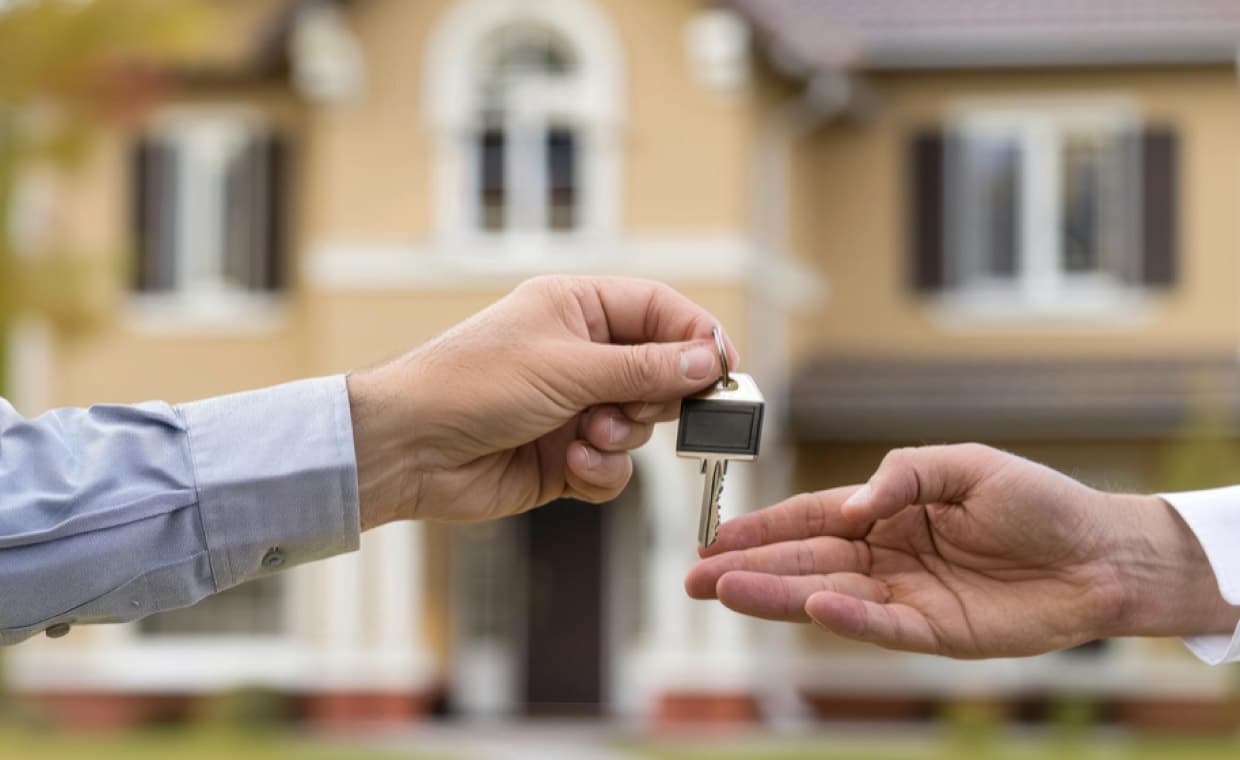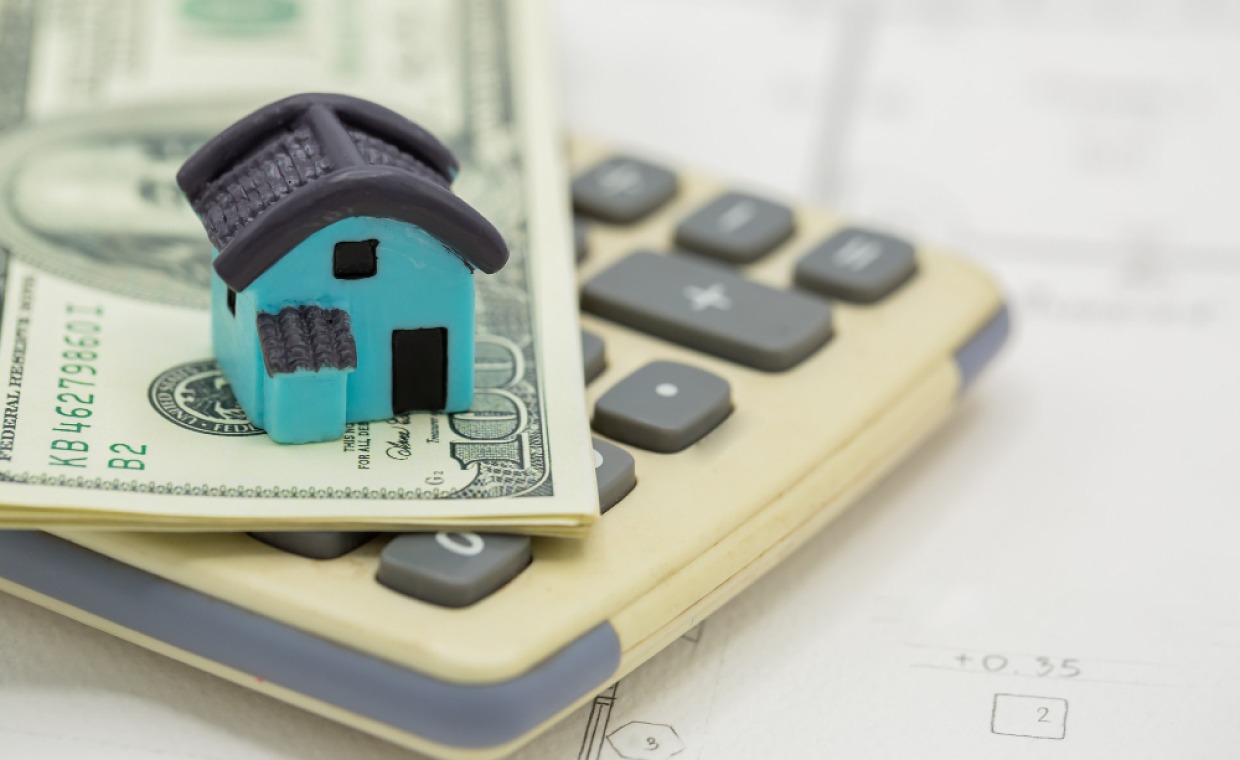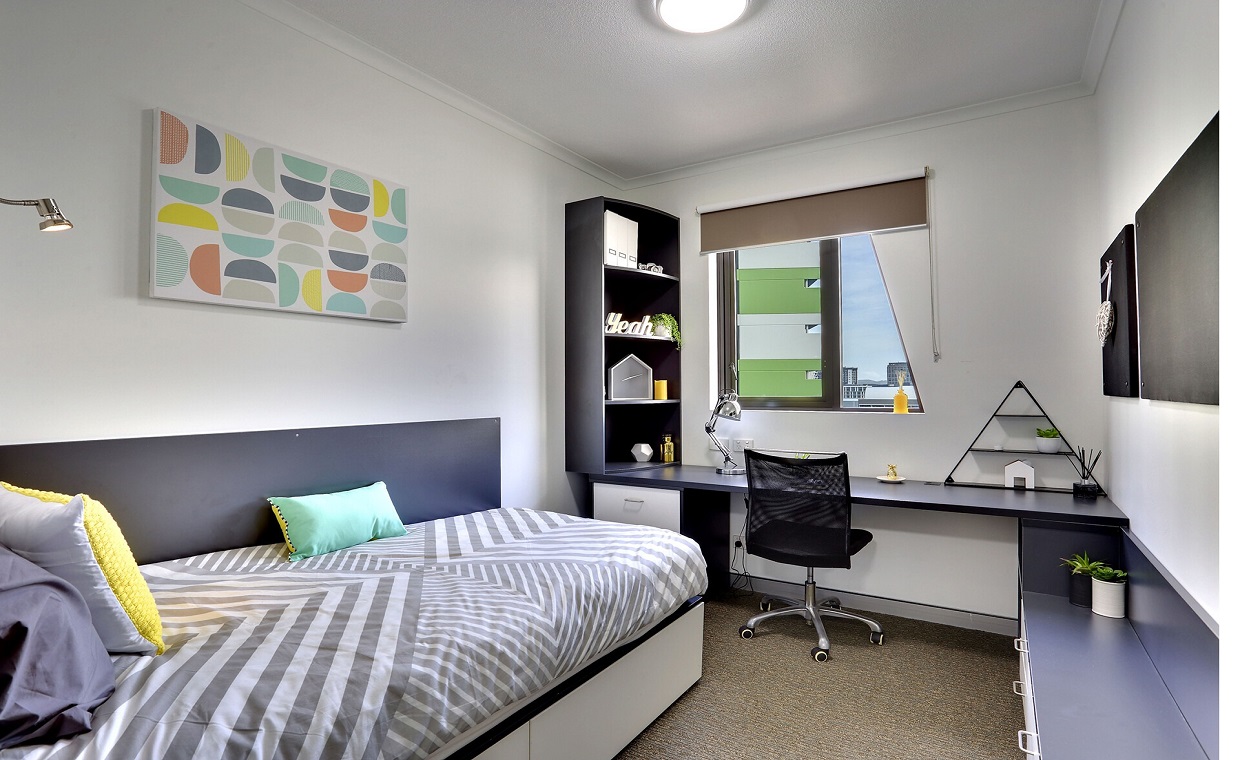
Good landlord and tenant communication is essential for smooth rental property management. Effective communication builds relationships, assures comprehension, and prevents complications. In a time when tenant satisfaction and retention are key to long-term success, landlords must improve communication.
Early and ongoing tenant communication is one of the most important tips for property owners. Establishing expectations, explaining the lease, and assigning tasks are necessary. Property owners who explain policies and procedures reassure tenants. Reduced misunderstandings lead to fewer disputes. The way landlords talk to tenants can greatly affect their relationship.
Tips to Improve Landlord-Tenant Communication
Following are the essential tips for landlord tenant relationship:
01. Open Landlord-Tenant Communication Channels

Landlords must communicate with tenants to build trust. Tenants should know how, when, and where to contact their landlord for routine or urgent issues. Use email, phone, or messaging applications. Provide various ways for tenants to contact you so they feel heard fast.
Response is needed in open conversation. Late landlords may make tenants feel neglected or undervalued. Even if they can’t fix anything, landlords should respond to tenant inquiries within 24 hours. Simply mentioning the tenant’s complaint shows professionalism and care, enhancing the landlord-tenant connection.
02. Establish Policies and Expectations for Tenant Management

Clear policy communication is key to tenant management. Landlords should clarify property rules at the start of the lease. This includes rent, maintenance, and communal area use, if applicable. By doing this upfront, landlords eliminate confusion and exhibit professionalism.
Also, landlords should give tenants a documented property repair and care agreement. It will define tenant tasks like yard care, waste removal, and minor repairs. Tenants comply more when expectations are clear and early.
Also Read: Rights of Tenants | Signing Rental Agreements of Landlord
03. Practice Active Listening Between Landlord and Tenant

Communication skills like active listening are overlooked. In addition to engaging with tenants, landlords should listen to complaints and suggestions. Active landlord listening can alleviate tensions and increase collaboration by showing tenants they care.
Active listening extends beyond tenant speech. Landlords should consider tone, body language, and underlying difficulties when communicating in person. Thinking about and fixing these issues can improve tenant satisfaction and retention.
04. Be Honest and Open

Trust between landlords and tenants demands openness. Landlords should disclose maintenance delays, rent adjustments, and policy changes. Tenants must be informed quickly of unavoidable concerns like delayed repairs.
Financial honesty is important. Tenants should be informed of rent increases in advance to help them budget. Even with terrible news, frank communication about decisions keeps relationships healthy.
05. Schedule Regular Checkups with Tenant

Regular check-ins help landlords reach tenants. Email or text check-ins can be as formal as quarterly property inspections. Communicating frequently demonstrates the landlord cares about the property and tenants.
Landlords may discuss tenant complaints or maintenance at check-ins. Early problem-solving helps landlords prevent serious conflicts that could ruin the relationship.
06. Compassionate Conflict Resolution

Landlords and tenants will fight, but how they manage it counts. In difficult situations, landlords should be kind and helpful. A systematic approach shows professionalism and calms tension. Finding a win-win approach might help landlords avoid tenant disputes.
Conclusion
A strong landlord-tenant relationship requires effective communication. These suggestions can help landlords make tenants feel appreciated, understood, and respected. Effective communication boosts tenant satisfaction and property management.
You may also read the following article related to this blog:






























